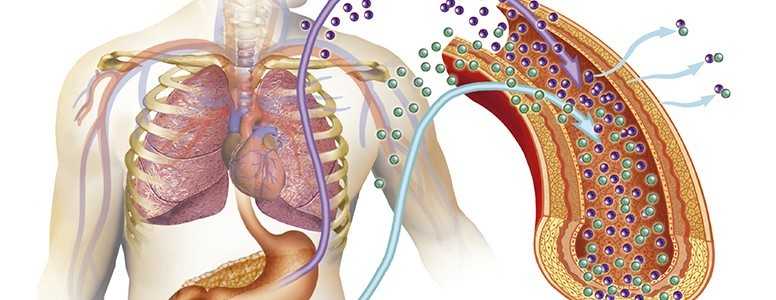Using a closed-loop artificial pancreas system leads to improved blood glucose control and reduced hypoglycemia (low blood sugar), new research shows.
The findings from the study, funded by JDRF, have been presented at this year’s European Association for the Study of Diabetes (EASD) conference in Berli, Germany.
Artificial pancreas systems are of great interest and excitement within the diabetes community. The devices can not only improve blood glucose control but also make life easier for people with type 1 diabetes.
In this study, led by Dr Roman Hovorka from the University of Cambridge, closed-loop artificial pancreas systems were compared with sensor-augmented insulin pump therapy in 86 people with type 1 diabetes.
Closed-loop systems use an algorithm to calculate how much insulin (if any) needs to be delivered to a person by the pump. Sensor-augmented pump therapy still requires a person to make all their insulin-dosing decisions.
All of the participants had HbA1c levels between 59-86 mmol/mol (7.5-10%) and were being treated before the study with an insulin pump. The youngest participant was aged six; the oldest aged 65. For 12 weeks the participants randomly underwent one of the two treatments.
A total of 65% of the closed-loop group kept their glucose within the target range (3.9-10 mmol/l), compared to 54% in the control group.
The closed-loop group also experienced greater HbA1c improvements, and experienced less time in hypoglycemia and hyperglycemia (high blood sugar).
There was one incidence of diabetic ketoacidosis (DKA) which occurred in the closed-loop group due to infusion set failure. However, infusion set failures are as likely to happen in the sensor-augmented therapy, so this does not suggest a problem with the closed-loop system.
Total insulin dose and body weight did not differ significantly between the groups. No incidences of severe hypoglycemia (very low blood glucose levels) occurred in either group through the 12-week trial.
Rachel Connor, Director of Research Partnerships at JDRF in the UK, said: “These are great results. I congratulate Professor Hovorka on the vital work he is doing. Type 1 diabetes is a challenging condition, but these results take us a step closer to changing the lives of the millions of people that live with the condition across the world.”
What's new on the forum? ⭐️
Get our free newsletters
Stay up to date with the latest news, research and breakthroughs.




